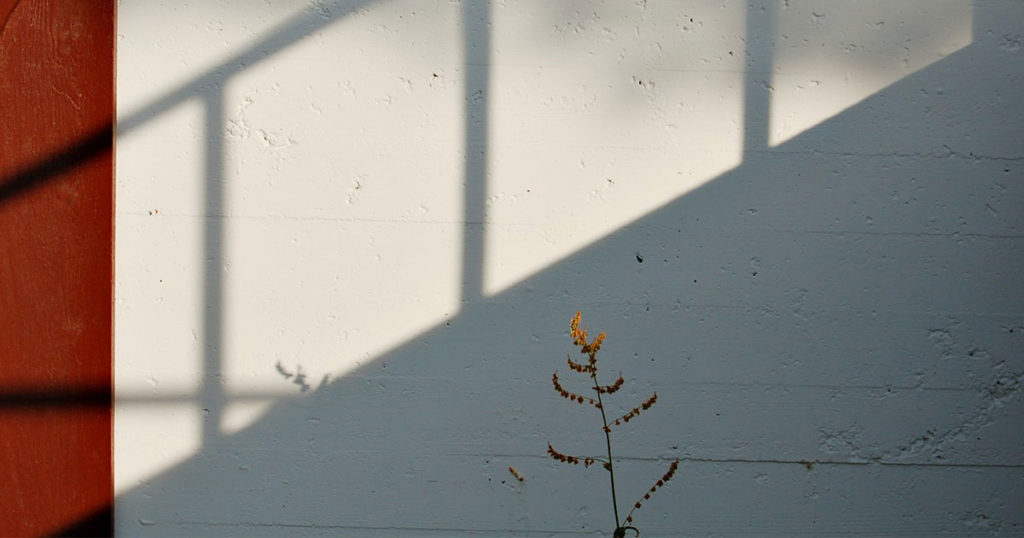
The little boy, a five-year-old, my youngest student this year, was a difficult, demanding, complaining, insistent child. Spoiled, we once said of children like him. But there was nothing soft and sagging about him, as comes to my mind with that word—a shriveled grape, a spotted banana, or a withered kiwi. He seemed more like a sharp weed snaking up in a barren classroom, hanging onto anything and everything. His two classmates in contrast, also boys, one six and the other seven, were both nicely potted plants; they stayed put for the most part, and though they were not yet big or strong, you felt the potential in them, carefully guarded: they were someone’s darlings.
To be number one was the desire of all three, but the older two waited for the distinction to be awarded—waited hopefully for me to pass judgment. Not so this little boy. He attacked the goal. He was a thin, fibrous, sturdy stalk, all struggle, push, and conquer. He ignored me half the time and the other half he argued. Were this like previous years when parents had sat in the waiting room for their children to tumble out of the classroom, then his, I feel sure, would have had to nearly tackle him as he went by, oblivious to them as he continued a dispute with a classmate about who was first and who was only second. To distract him, his parents would have plied him with questions, which in his extravagant consuming way he would have made short work of.
But this year, parents waited outside, and I had never seen this boy’s mom or dad. But I imagined them. Older than the average, delighted by a late pregnancy that cost some effort and money to achieve. Slightly stunned at how that good news had almost overnight become this independent being. Well-enough off to afford the nice-looking clothes the boy wore. Heads whirling at how fast he moved in on what he wanted and how quickly he grabbed it. That would be me if he were mine—unable to keep up. But since he was in my classroom just two hours a week, I was indignant at his behavior, not exhausted by it. I sent him back to his seat after reminding him he couldn’t just march up and grab things from my desk. He never listened. Instead, he tugged down his mask to scratch his nose. Put it back up, I told him. Ignoring me, he turned grinning toward the other two children, watching from their seats. They immediately joined in my remonstrance to keep his mask on. It was funny—their energy day after day to tell this boy not to do what he very well knew he wasn’t supposed to do contrasted with the weary tones they adopted. They even rolled their eyes. They were copying someone.
Then one day, while the other two were quietly coloring their picture cards in preparation for a game, the Weed appeared at my desk. I rescued my pencil case from his grasp, then my clock, then told him off for pressing the buttons of the CD player. “You’re an imp,” I told him, drawing my brows together in disapproval.
“You’re an imp,” he told me, his little forehead wrinkled.
He’d imitated me before, but always it had been my tone, not my words, and the purpose was mockery. Perhaps he’d intended the same thing that day but wanting to go one further, had thrown in the repetition of my words. His attitude was the same sneering challenging one as always, but his words—they were a perfect copy of mine. “You’ve got a good ear,” I told him, and he said, “You’ve got a good ear.” I sat up in my chair, energized. “You sound great!” I said, and he said it right back. “You’re terrific!” I told him, almost joyfully. Wow—when he told me in his high little voice full of emotion that I was terrific, I almost believed him. “You’re going to be a great actor,” I said, throwing my arms up, and he threw his up as he predicted the same for me. I was quite enthused. I searched my mind for something really special to say. “Your shoes are yellow,” I told him, and because shoes and yellow were words he knew, he quickly looked down. Yes, his yellow trainers, just like those of Ronaldo, his favorite soccer player, as the boy had announced in Spanish at the beginning of class. He looked up, pulled down his mask to rub his nose, smiled, and put it right back up.

